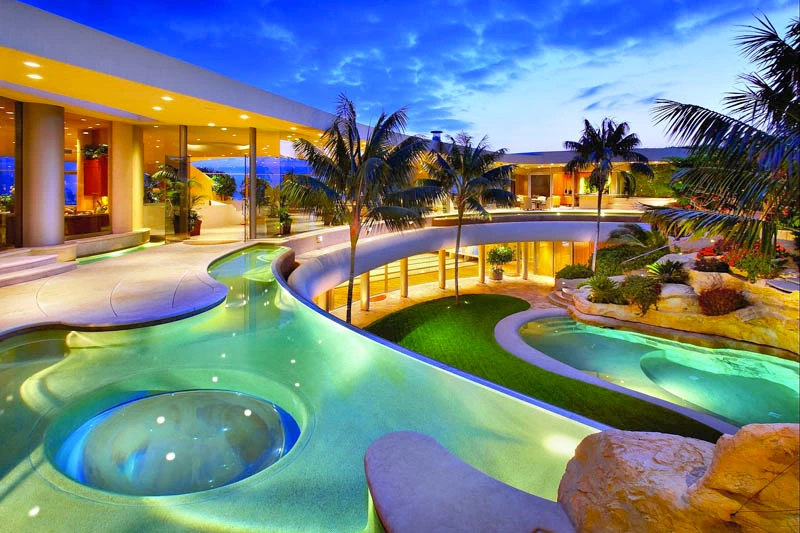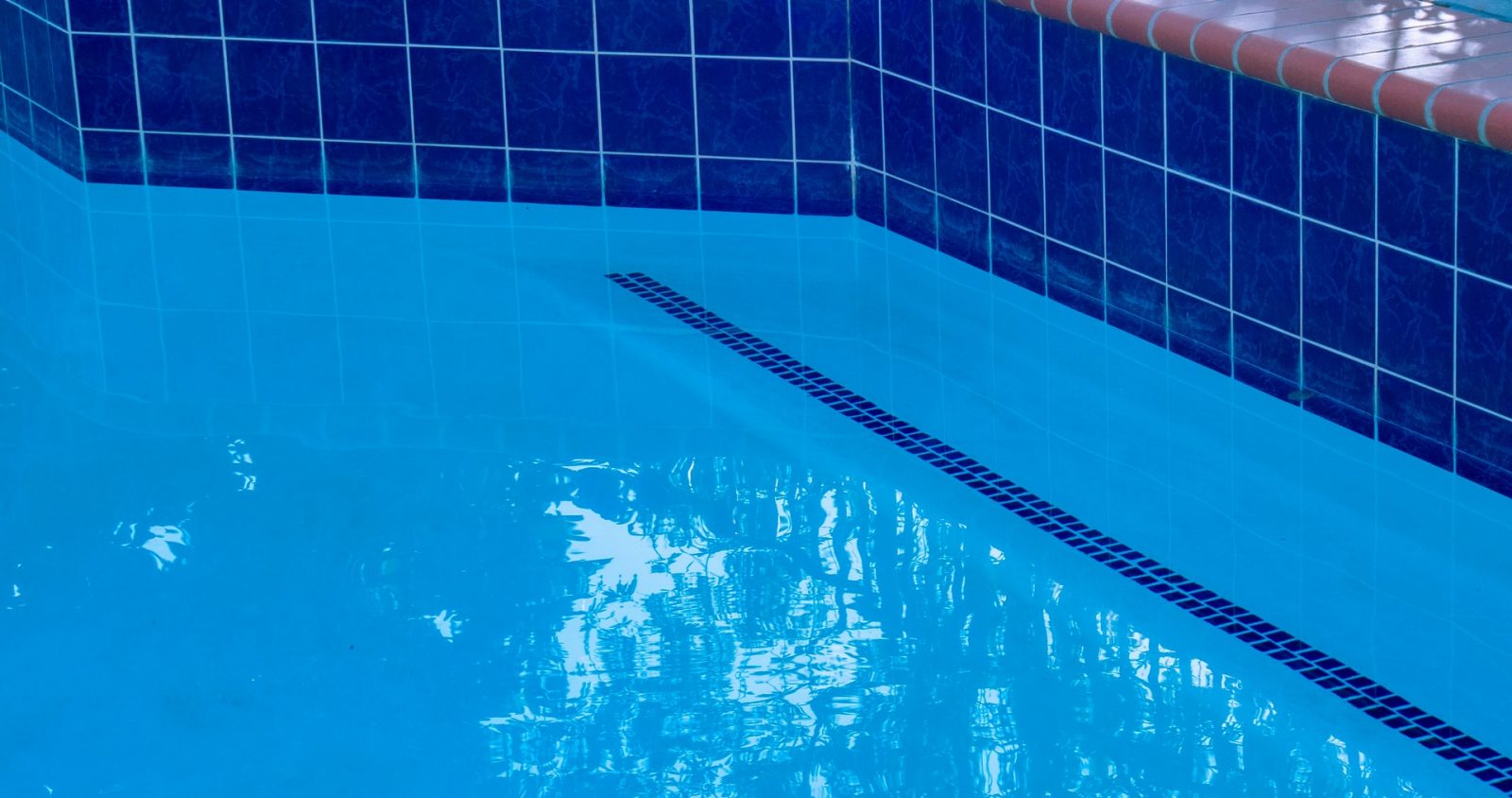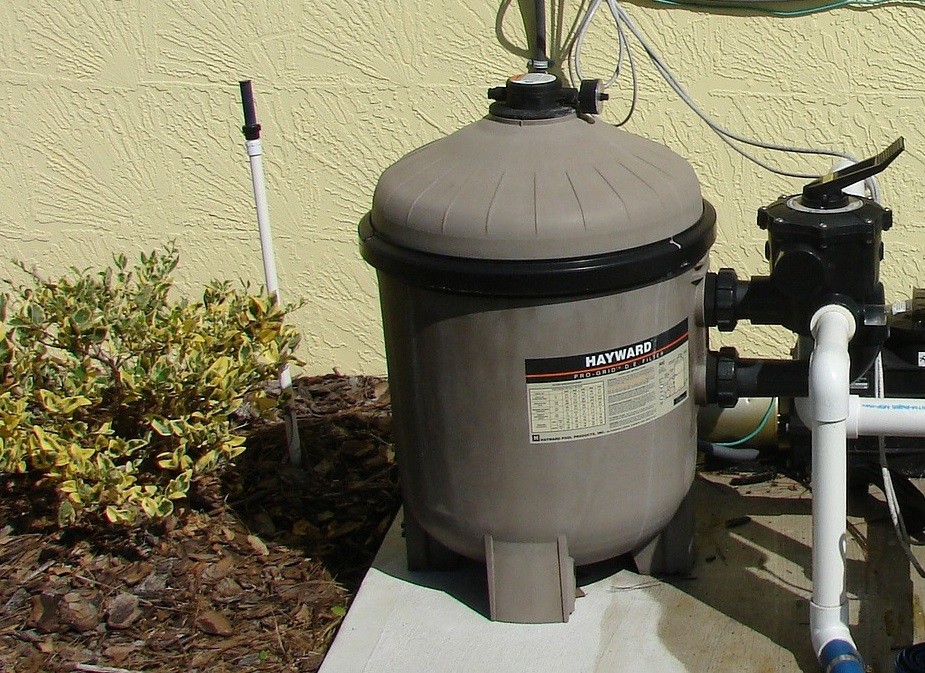When it comes to pool filters, many are torn between the three options. Pool filters have three different types: sand, cartridge, and diatomaceous earth, or DE. Although there are only three options available, it is still hard to choose which one is the best.
What you should put in mind is that all three filters available have their respective pros and cons. So, for you to better decipher which one is the best for you, let us go through each of the pool filters and understand everything you need to know about each of them.
Sand Filter
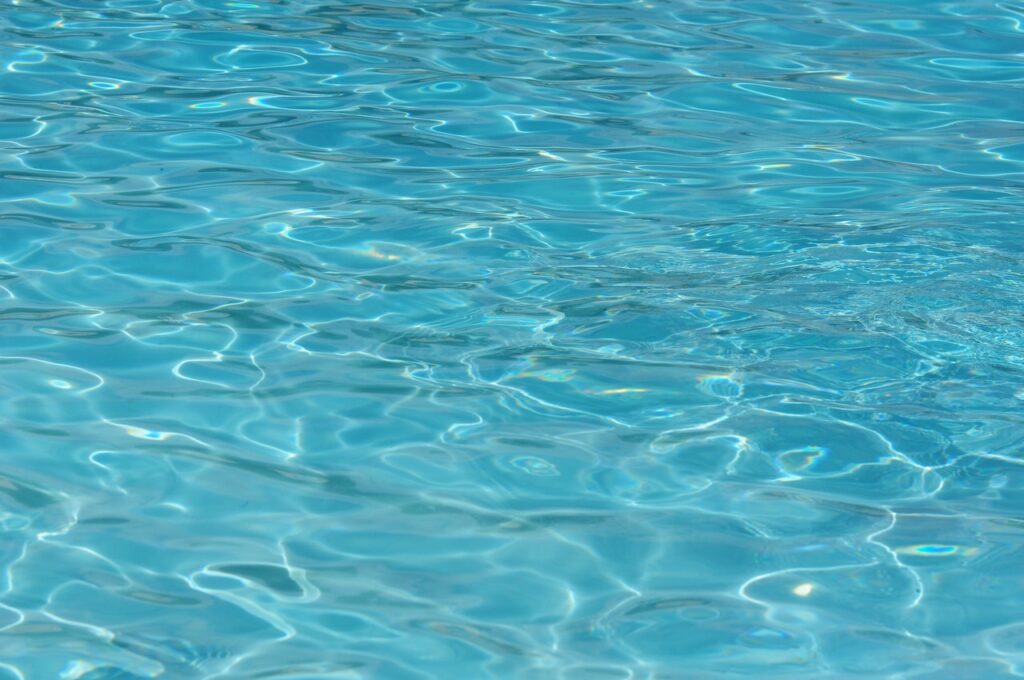
Sand filter is the oldest and also the most common amongst pool filters. This is the type of filter that has been used on most pools for quite some time now. This filter uses sand to clean the pool water by catching debris, bugs, and dirt on your pool water.
The filter mainly uses specially graded sand to catch all the particles. Your pool’s water will enter the tank via the diffuser. It will then travel down and go through the grains of sands which traps all the debris. The pool’s water then reaches the bottom of the tank and will be released back to the pool.
If you wonder why many prefer to use the sand filter on their pool, you might want to check its advantages and the disadvantages that it gives.
Advantages
- The possible reason why most pool owners opt for a sand filter is that it is easy to operate. If you are looking for a straightforward piece of equipment, it is best to opt for the sand filter.
- Moreover, it is also the least expensive type of filter amongst the three. Aside from being less expensive, the filter can also be used for up to 10 years without replacing it. The sand itself also costs low, and you will only have to replace it once every three to five years.
- Sand filters are low maintenance. This makes it suitable for pool owners that do not have a lot of time to maintain their pool. Instead of spending a lot of time maintaining, why not use your time enjoying your pool instead.
Disadvantages
- The sand filter may not be that effective in filtering out smaller debris compared to other pool filters.
- The backwashing will make your pool water level go down, so it is best to check your pool’s water and pH level after backwashing.
- Your area might restrict backwashing.
Cartridge Filter

The next type of filter that you can use on your pool is the cartridge filter. This filter uses a paper-type cartridge as its main filter. This filter faced maintenance issues in the past, which led the manufacturer to improve the product.
If this is the type of filter you are planning to buy, it is best to check its pros and cons first before deciding.
Advantages
- The number one advantage of using a cartridge pool filter is that there is no need for backwashing. Compared to a sand filter, when you use a cartridge filter, it will never require backwashing.
- Cartridge filters are energy efficient. Because there will be no backwashing, you will surely save a lot on energy consumption.
- Aside from being energy-efficient, the cartridge filter is water-efficient as well. So not only will you reduce your electric bill, but it will also cut down your water bill.
- Cartridge filters can clear your water up to the smallest particle leaving your pool water sparkling clean.
Disadvantages
- The moment you shop for a pool filter, the first thing you will notice about the cartridge filter is that it is a bit pricey. Using a cartridge filter means that you are literally throwing money in initial cost and maintenance.
- When it comes to maintenance, the cartridge filters require constant cleaning, which can be time-consuming. Aside from constantly cleaning the filter, it should also be chemically cleaned every six months. You must as well need to replace the filter regularly. Refer to the manufacturer’s instructions on how constant you should replace the filter.
- Because of the need for constant replacement and cleaning, cartridge pool filters tend to be more inconvenient and difficult to use.
Diatomaceous Earth (DE) Filter
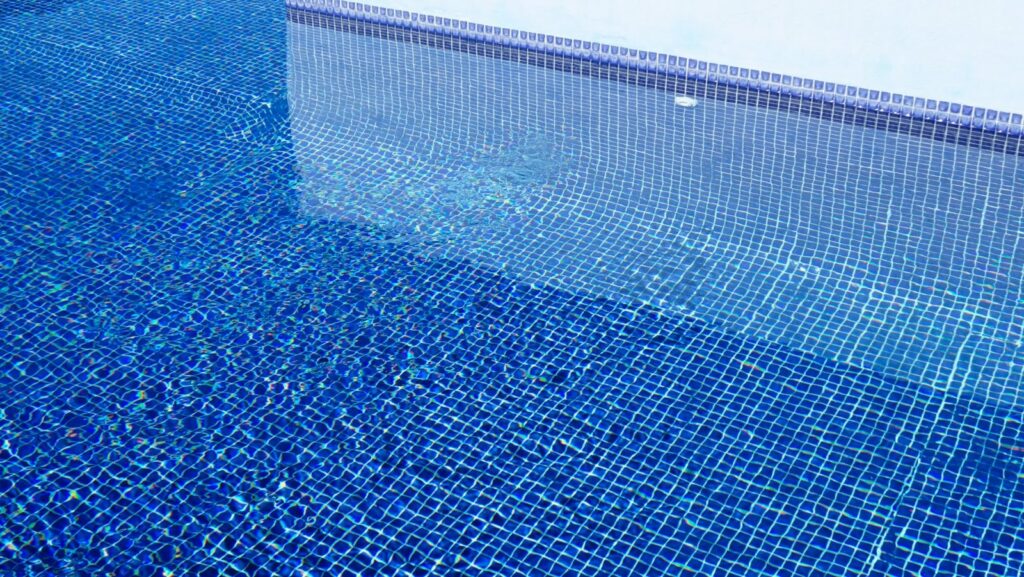
Last but not least is the Diatomaceous Earth or DE filter. As the name suggests, DE filters use diatomaceous earth as the main filter of the product. Diatomaceous earth is a powder made from sediments of fossilized remains of tiny aquatic organisms called diatoms.
The filter consists of a plastic grid that is then covered with the DE powder before it is secured with a plastic-type fabric. The pool water will pass through the DE powder and filter huge to tiny debris as small as five microns.
Even though DE Filter sounds more suitable for you, you must also remember that even this product has its pros and cons.
Advantages
- A DE filter is a convenient option for you. If you are looking for a pool filter that is very convenient to use, then the DE filter is the best for you.
- Out of all three pool filters, the diatomaceous earth pool filter has maximum efficacy. Just as mentioned earlier, the DE filter can filter particles on your pool water as tiny as five microns which is very impressive, by the way.
Disadvantages
- Just like with the sand filter, the DE filter will also require backwashing. We already know that backwashing can be a waste of energy that will ultimately reflect on your bill.
- You might face an issue with your local government when it comes to backwashing. Remember that some areas prohibit backwashing.
- The DE filter posed a potential for water wastage. After every backwashing, the water in your pool will decrease, which means you will need to replace the lost water.
- This type of filter is the most expensive of them all. Therefore, if you are on a tight budget, you must immediately remove the DE filter on your options, as this will surely hurt your pocket.
Takeaway
All of the pool filters available are well-capable for cleaning and maintaining your pool water. Unfortunately, there is no perfect pool filter. However, each pool owner has their own preference of which one they think is best for their specific needs. Now that you are familiar with the different types of pool filters, it is up to you which you think is best for you.




